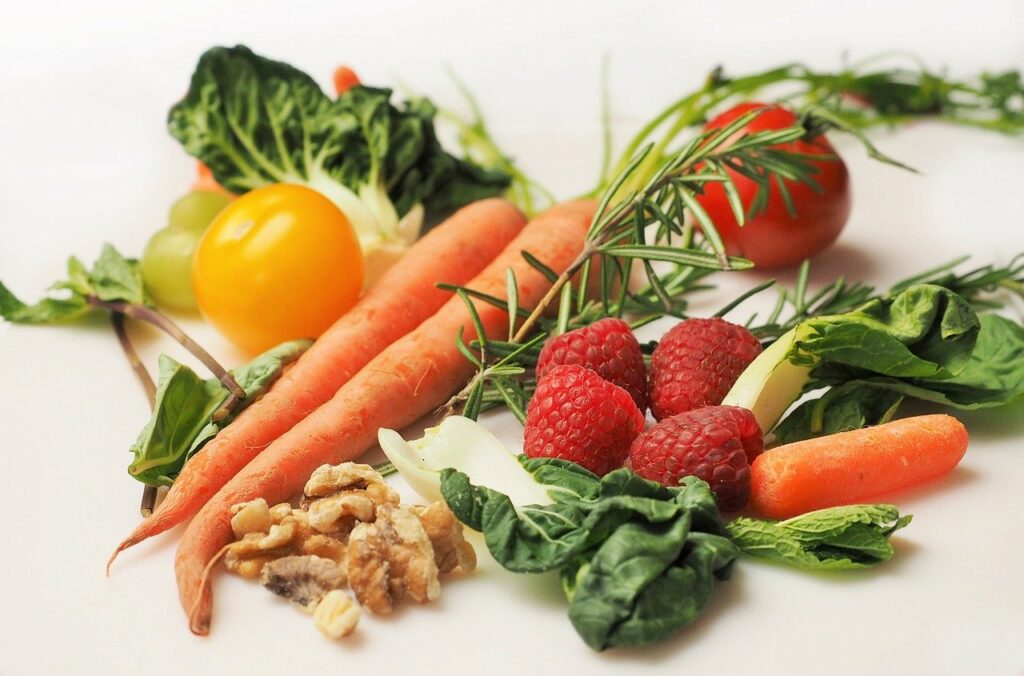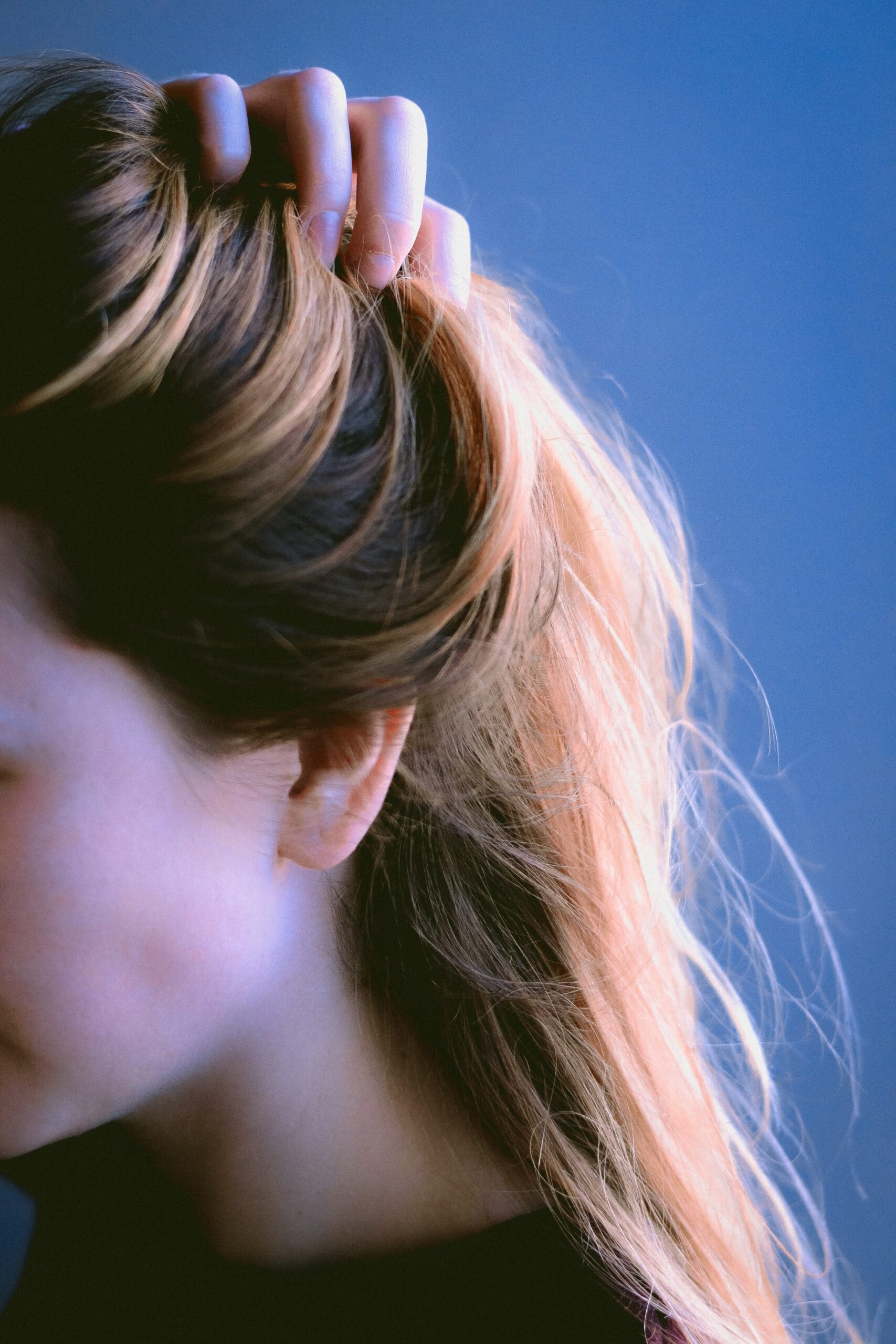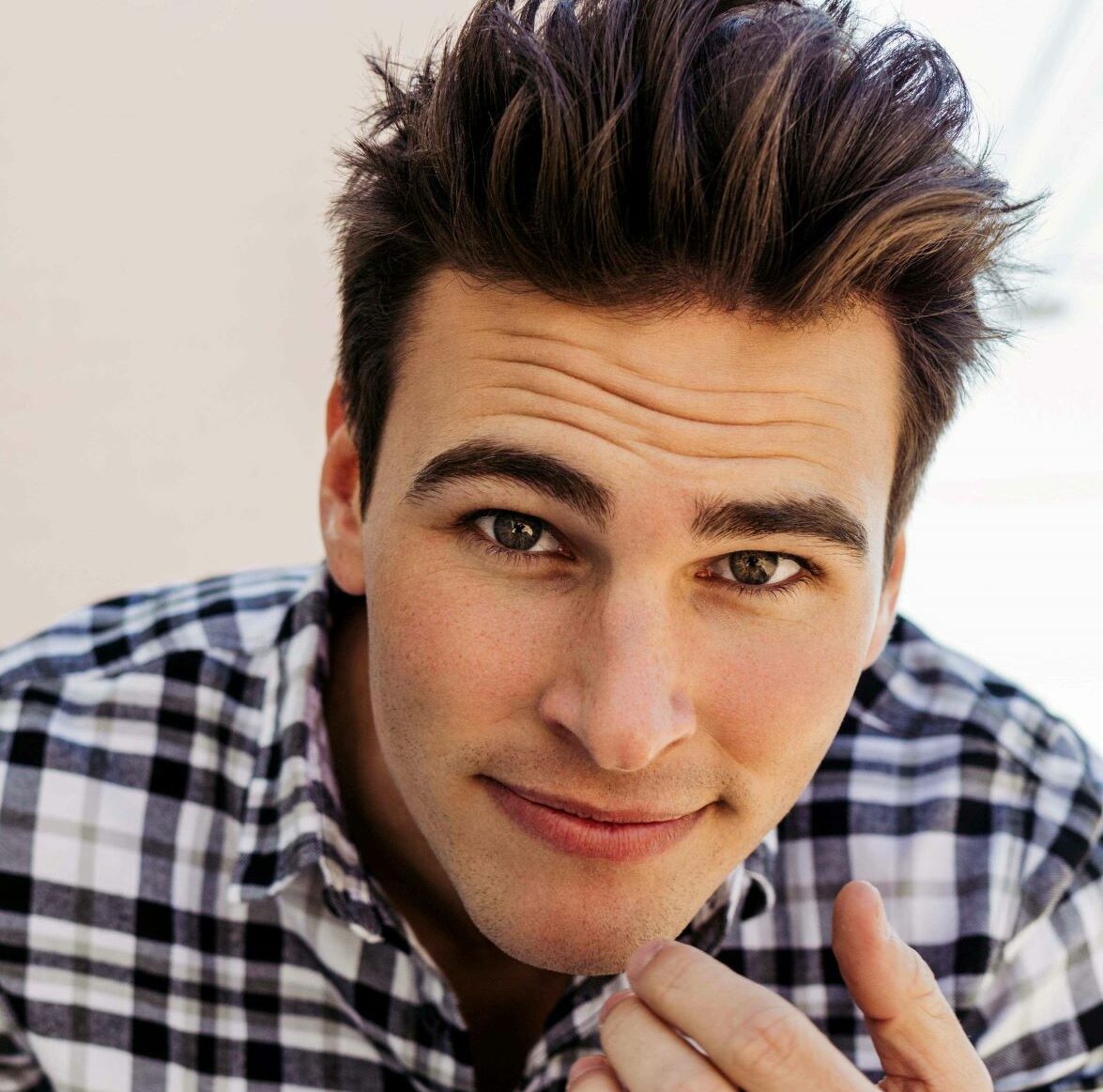
Diet and hair loss – does it really make a difference?
10th November 2021
We all know that having a nutritious diet is important for keeping our bodies healthy, our internal organs working correctly and for managing our weight. However, most of us do not consider our hair when it comes to choosing the foods we eat.
Having a balanced diet is important for looking after your hair, as the lack of certain key nutrients can play havoc with hair follicles and is a common reason for hair loss.
Extreme or crash diets are often lacking in the nutrients we need to stay healthy. Rapid weight loss can put a tremendous amount of stress on the body, which can force our hair into the telogen phase (i.e., the resting phase of the hair follicle), which leads to shedding – the type of hair loss known as ‘telogen effluvium’.
Deficiencies of nutrients such as iron, zinc and protein mean that the body focuses on sending the nutrients to the parts of the body that need them the most, which, unfortunately, is not the hair. This can often be a problem for those eating a plant-based, vegan or vegetarian diet.
When people cut meat out of their diet, their levels of protein can reduce drastically. As the majority of the scalp is made up of keratin – a fibrous structural protein – reduced levels of protein in your diet can result in the body stopping hair growth to conserve energy for more essential body functions.
How to maintain a hair-healthy diet
- Protein
To give your body (and scalp) the protein it needs, your diet should include:
- Eggs
- Fish and poultry
- Milk and dairy
If you’re vegan or vegetarian there is no need to panic. There are plenty of alternatives to boost your protein intake, such as:
- Black beans
- Chia seeds
- Chickpeas
- Lentils and quinoa
- Tofu
- Iron
Iron is also important for hair growth as it aids the production of red blood cells, which carry oxygen to our organs (and to our hair follicles). When the body is short of oxygen, the blood supply will be focused on vital organs rather than the follicles – resulting in hair falling out.
To combat this, make sure your diet includes:
- Whole grains
- Beans
- Green leafy vegetables
- Red meat (if appropriate)
- Vitamins A, C and E
These vitamins are all crucial for cell regeneration and keeping your hair follicles and scalp in optimum shape. As such, it is best to fill your plate with lots of colourful fruit, vegetables and nuts, which are all great sources of vitamins A, C and E.
You may not realise but carrots, for example, are rich in vitamin C, while walnuts are packed with vitamin E.
- Avoid too many fatty foods
We also advise avoiding large amounts of fried foods. This type of diet can contribute to hair loss as testosterone levels are increased with diets that are high in fat, which can deplete hair-follicle stem cells or long-lived cells in hair follicles.
If you’re worried about your hair loss and want some expert advice, our team are happy to talk through your options.


